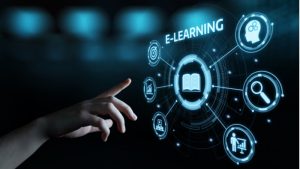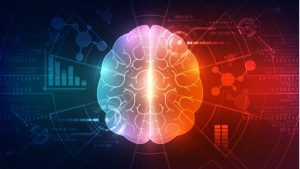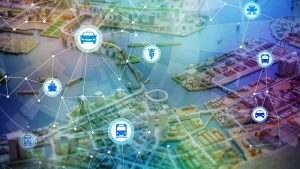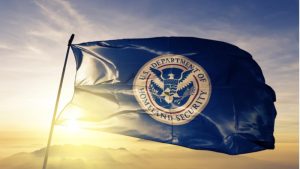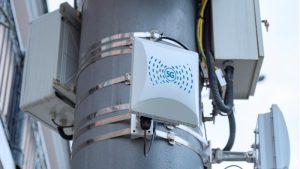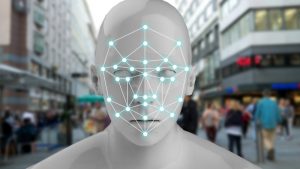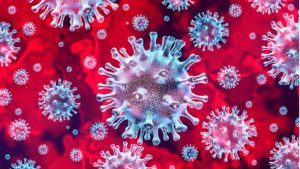As the integration of artificial intelligence (AI) into processes becomes more and more the norm, issues of privacy, bias, and accessibility all must be taken into account when considering what is ethical use of AI, a National Institute of Health (NIH) official said May 10.
The Government Accountability Office (GAO) said in testimony to the Senate Indian Affairs Committee that the Interior Department’s Bureau of Indian Education (BIE) hasn’t provided BIE-funded schools with guidance on distance learning during the COVID-19 pandemic.
Sens. Gary Peters D-Mich., and John Thune, R-S.D., have introduced legislation that would strengthen the Federal workforce through attracting experts in the AI field to public service.
A handful of Democratic legislators have sent a letter to the Department of Justice (DoJ) seeking answers to what steps the agency takes to ensure predictive policing technology is effective, and whether it tests for bias and requires transparency in algorithms used in the technology.
N.J. Transit received a Federal grant that will allow it to use AI and video analytics to study customer patterns on the River LINE light rail system, aiding in better crowd management in response to COVID-19.
The Department of Homeland Security (DHS) is seeking a wide range of COVID-19 technologies, including ways to secure contact tracing and open source virus reporting, per a July 24 other transaction solicitation (OTS).
The Federal government has worked to expand access to broadband across the U.S. through large investments in the sector and can continue expanding access in rural areas by improving data and broadband access maps.
New bicameral legislation was introduced aimed at stopping government use of facial recognition and other biometric technology.
As the COVID-19 coronavirus continues to change daily life, both the public and private sectors have stepped up with tech innovations to ease the transition and save lives. The speed of these innovations, however, seemingly outpace our ability to keep up with what new tech is available.
As a part of its CHARIot Challenge, the National Institute of Standards and Technology (NIST) is launching Internet of Things (IoT) and augmented reality (AR) challenges to improve public safety communications for first responders.

